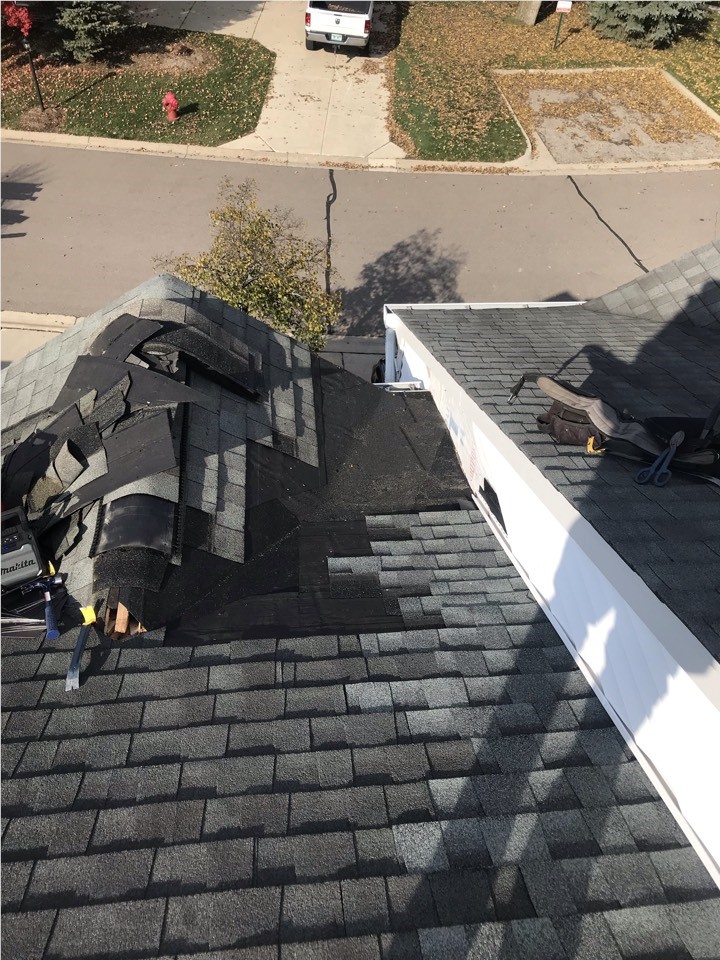A roof inspection is a thorough examination of a building's roof to evaluate its condition, determine any potential issues or injury, and determine whether upkeep, repairs, or replacements are needed. Roof inspections are usually performed by homeowners, professional roofing contractors, or inspectors with expertise in roofing techniques. The primary objective of a roof inspection is to make sure the roof's integrity and performance, delay its lifespan, and stop costly repairs or replacements.
Here are the key goals and elements of a roof inspection:
Evaluation of Roofing Materials: The inspector assesses the condition of the roofing supplies, similar to shingles, tiles, metal panels, or membrane roofing. They search for indicators of wear and tear, harm, or deterioration.
Inspection of Flashing and Roof Penetrations: Flashing, which is used around roof penetrations like chimneys, vents, and skylights, is examined for indicators of damage or improper set up. Roof penetrations themselves are inspected for leaks or potential issues.
Assessment of Gutters and Downspouts: The inspector checks the condition of gutters and downspouts to make sure they are away from debris and in good working order. Clogged or damaged gutters can lead to water damage and roof problems.
Examination of Ventilation: Proper roof air flow is crucial for regulating temperature and moisture levels within the attic or crawl area. The inspector checks for enough ventilation and signs of moisture-related issues.
Detection of Leaks and Water Damage: The interior of the constructing, notably the attic or ceiling, is examined for indicators of leaks, water stains, or mildew development. These might point out roof issues that want attention.

Roof Replacement : In some cases, the roof's structural elements, similar to rafters or trusses, may be inspected for indicators of injury or stress.
Documentation: The inspector usually supplies a written report detailing their findings, including photographs and proposals for any necessary repairs or maintenance.
Roof inspections can be scheduled periodically, such as annually, or as needed, especially after extreme climate events like storms or hail. Regular inspections assist catch problems early and prolong the life of the roof. If points are identified during the inspection, immediate repairs or maintenance can forestall additional damage and costly roof replacements.
It's important to notice that for safety reasons, roof inspections ought to be performed by individuals who are skilled and knowledgeable about roofing systems. When in doubt, it is advisable to hire an expert roofing contractor or inspector to perform a comprehensive roof inspection..
